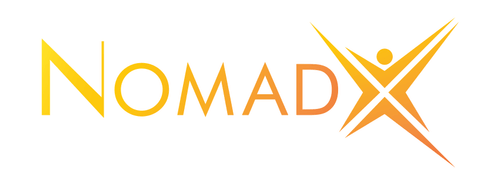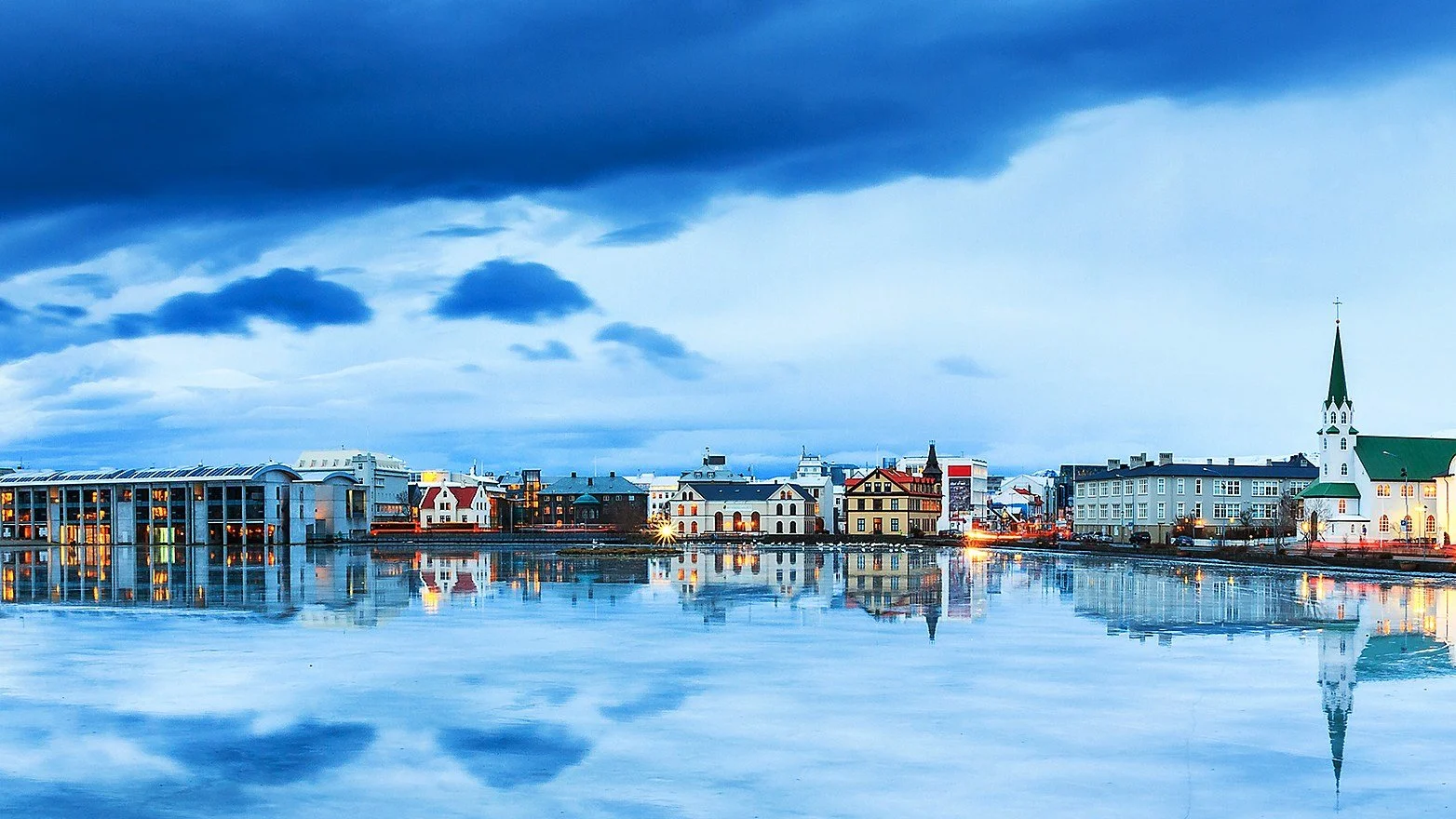Digital Nomads Love Iceland. Iceland Isn’t Quite Ready for Them.
Iceland is an unlikely rising star in the digital nomad world.
Its epic landscapes, low crime rates, clean air, and unique blend of Nordic modernity and nature’s raw power make it one of the most attractive places on Earth for remote workers seeking inspiration, peace, and a complete reset.
But while digital nomads love Iceland, Iceland isn’t quite ready for them.
The Icelandic Visa That Sparked Global Buzz
In 2020, Iceland launched a long-term visa for remote workers — one of the first in Europe to respond to the rise of digital nomadism. At the time, it caught global attention: live next to waterfalls and volcanoes while working from your laptop? Yes, please.
The Digital Nomad Visa allows non-EU/EEA remote workers to stay for up to 180 days, provided they earn over 1,000,000 ISK/month (~$7,200/month). It was a bold move that put Iceland on the remote work map.
But the requirements are steep. Most digital nomads — especially early-career or bootstrapping freelancers — don’t meet the income threshold. And even for those who do, Iceland’s infrastructure for nomads is still developing.
The Challenges of Being a Nomad in Iceland
Iceland is not Bali. It’s not Lisbon. And it’s certainly not Chiang Mai.
It’s expensive. Cold. Rugged. And still lacking some of the core infrastructure digital nomads rely on.
Housing is limited and expensive — especially in Reykjavik.
Coworking spaces are few, with limited capacity during high seasons.
Short-term rentals are often focused on tourists, not mid-stay nomads.
Community is fragmented, especially outside summer months.
But… Iceland Might Be Worth It
Despite the challenges, Iceland offers an experience unlike any other — especially for high-earning nomads, creatives, and founders seeking solitude and beauty.
Some of the early ecosystem builders are starting to test what’s possible:
Coworking Iceland in Reykjavik has become a hub for remote workers, offering desks, community events, and strong WiFi.
Innovation Center Iceland is hosting more international visitors, and startups like KLAK are putting Iceland on the map for entrepreneurial initiatives.
Nomad gatherings like Remote Yeat have had past activations and community events in the country.
More importantly, a few coliving-style retreats are starting to explore Iceland’s potential for digital nomads with a wellness twist:
Remote Iceland Retreats: Blending coworking with glacier hikes and local immersion.
Vík Nomad Week: A local pilot program to attract international nomads to the South Coast.
The Untapped Potential
Iceland has everything a modern knowledge worker wants:
Political stability
Safety
Clean energy
Nature on demand
Reliable infrastructure
What it lacks is a clear strategy to harness digital nomadism not just as tourism — but as talent attraction and economic development.
We’ve seen this in Madeira, Portugal. When local government backed a clear nomad strategy, it became a top-10 global destination in under a year. Today, it attracts tens of thousands of nomads, injects millions into the local economy, and has helped reverse youth brain drain.
Iceland could do the same.
Digital nomads are not just tourists — they are future founders, freelancers, investors, and citizens. With the right infrastructure, Iceland could:
Attract remote workers with families or teams
Generate millions in local economic activity via mid-term stays
Inject global talent into its innovation and tech ecosystems
Position itself as a wellness-forward, nature-first work destination
But this will require local action:
Community-building programs that support local integration
More coliving spaces, especially outside Reykjavik
Flexible housing options for 1–6 month stays
Coworking hubs beyond the capital, in places like Akureyri and Vik
Events and experiences that connect nomads with locals
Final Thoughts
Iceland is not for everyone. But for the right kind of nomad — the filmmaker, the deep work writer, the founder seeking focus — it could become a top-tier destination.
The country already attracts talent through other programs. Digital nomadism could become a low-barrier entry point to long-term relocation and investment.
But without coordination between local entrepreneurs, housing providers, and government officials, Iceland risks becoming a lost opportunity in the global race for talent.
If Iceland is ready to act, digital nomads will come — not just to work, but to stay, invest, and co-create the future.
The question is: Will Iceland seize the moment — or let the opportunity melt away like its glaciers?




